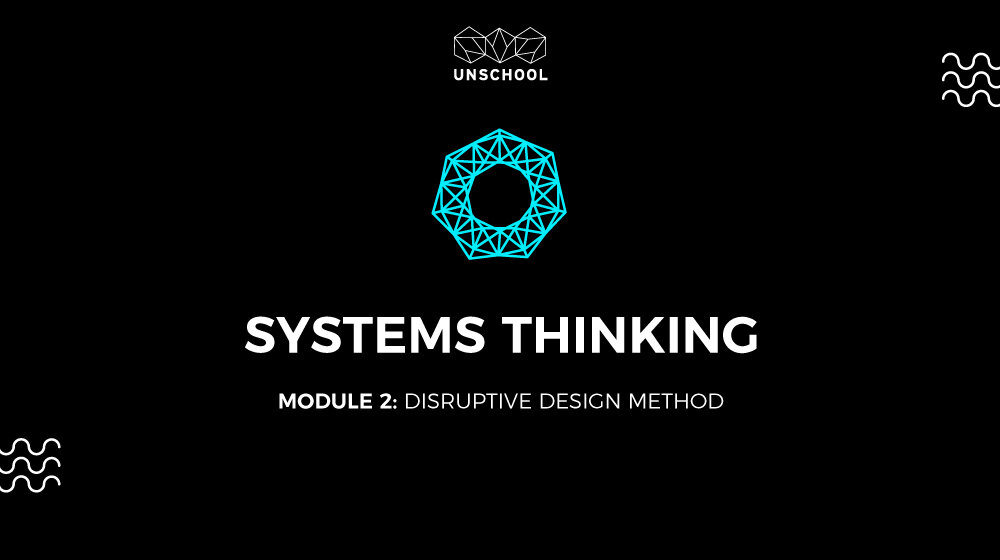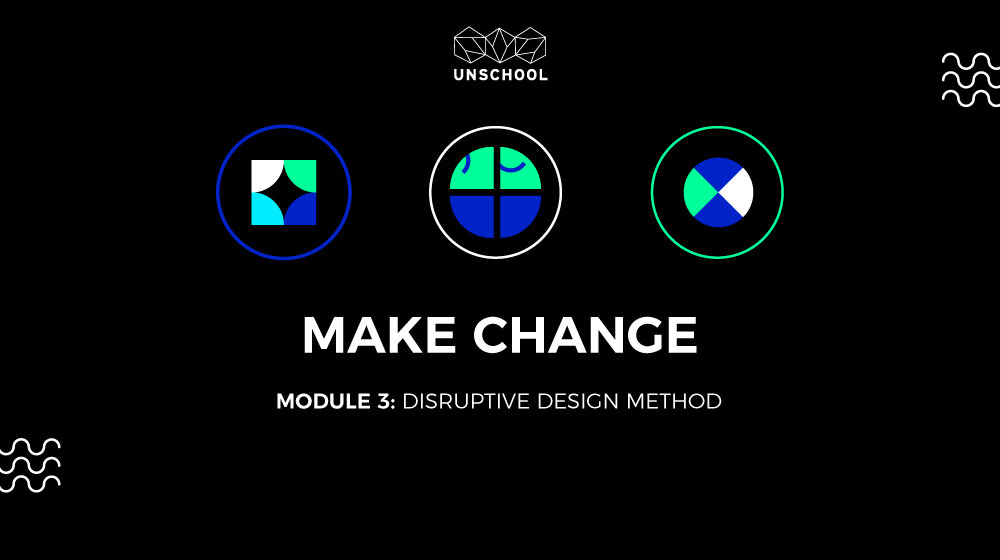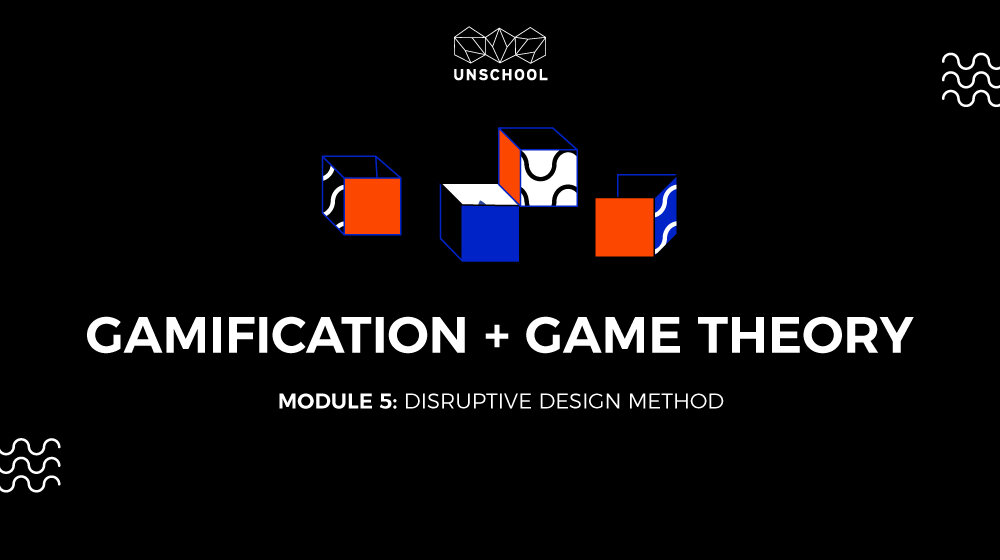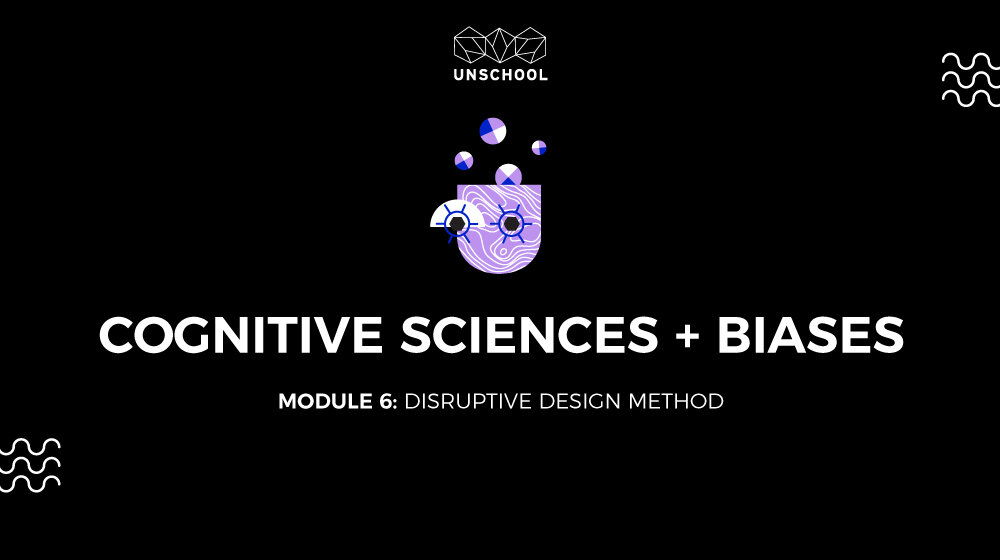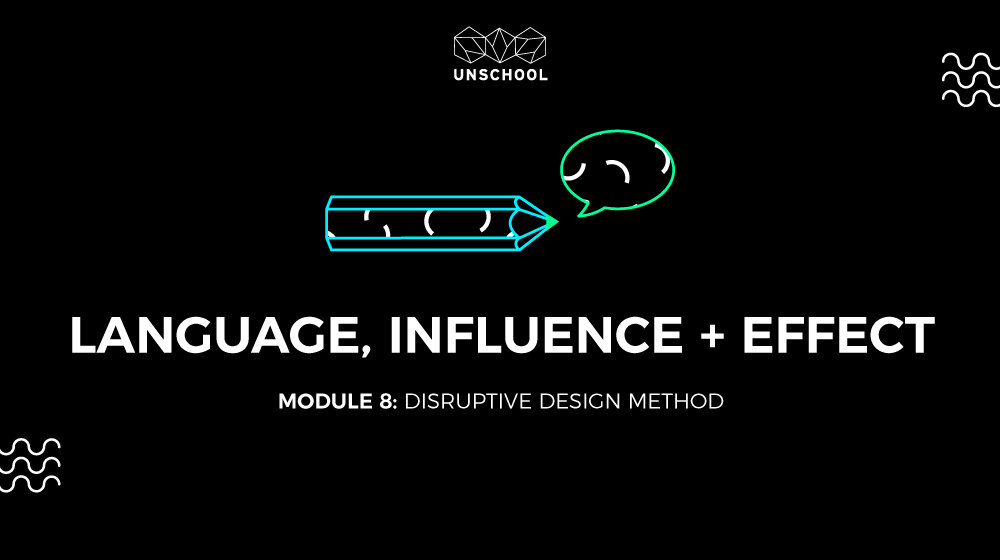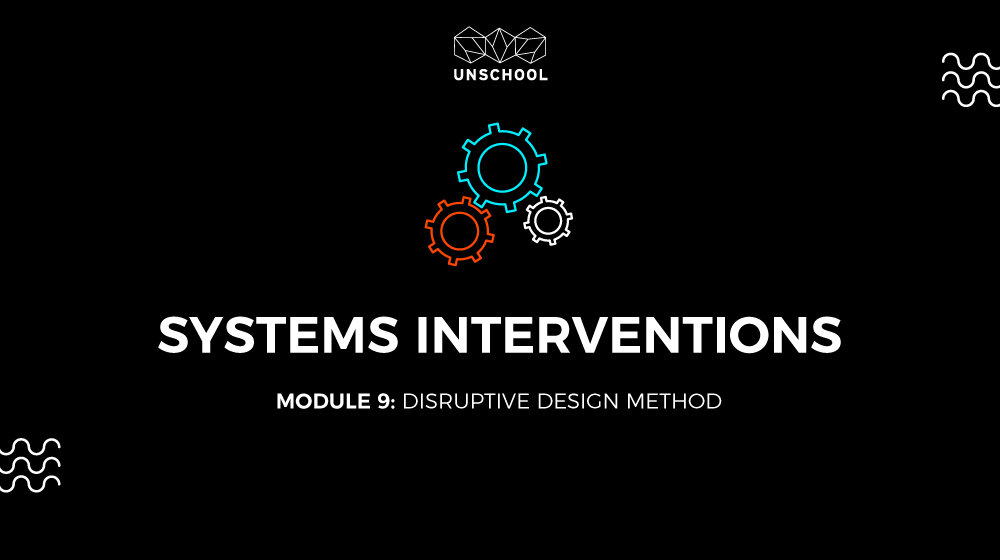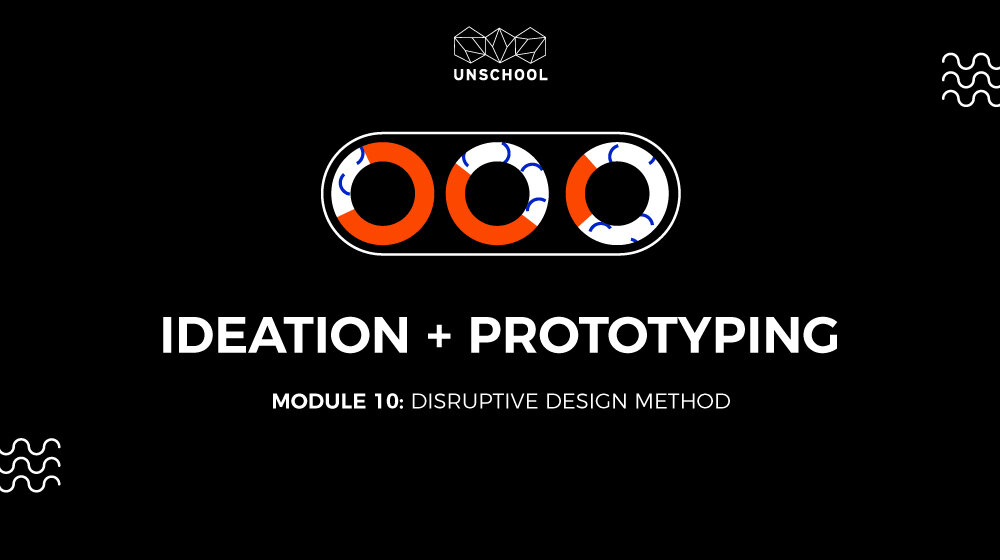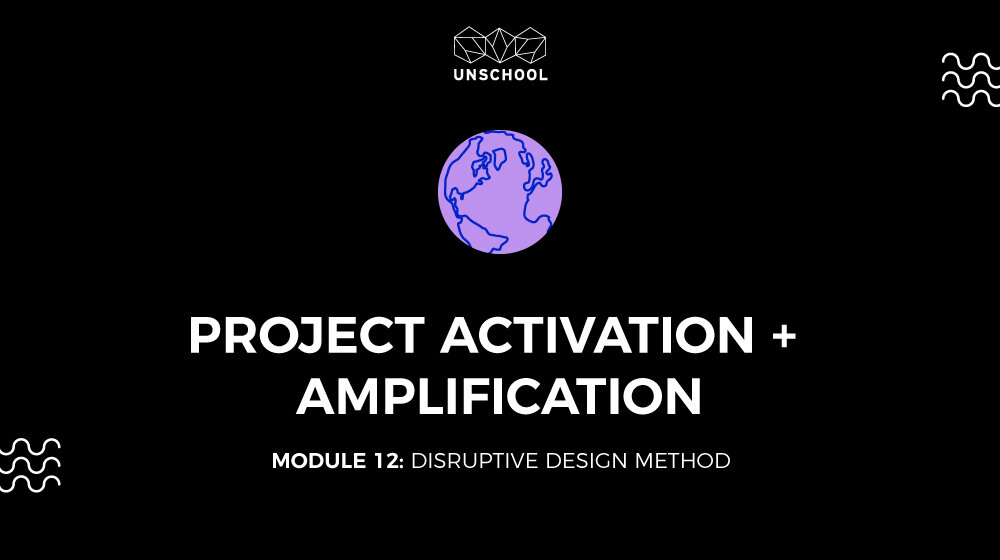
MINING + LANDSCAPING + BUILDING
Developed by the Disrupt Design founder, Dr. Leyla Acaroglu, our changemaking approach is the Disruptive Design Method.
This method uses a three-part iterative process of MINING, LANDSCAPING and BUILDING and is all about opportunities based in a growth mindset.
The method is based off an in-depth 12-part methodology of changemaking, creative activation, and sustainability science disciplines.
This method flows through a process of creative changemaking to enable systems levels change and offers fresh approaches to skill development and knowledge transfer for those who want to solve significant social and environmental issues.
We actively challenge the dominant idea that individual agency is limited in effecting positive change through professional and personal practice, and we are committed to being a positive social force while activating self-selecting change agents (that's you!) to address complex social and environmental problems.
THE 12-PART METHODOLOGY
Each of the learning modules fit together to form the practice of Disruptive Design, which is the applied approach to designing creative interventions for positive social change.
The 12 units in the Disruptive Design Methodology synthesize a broad range of thinking and doing skills and tools, including systems thinking, gamification and game theory, ethics and empathy, life cycle thinking, research strategies, applied systems intervention, cognitive and behavioral sciences, ideation and creative problem solving, and sustainable production.
Our methodology provides a detailed in-depth exploration of critical thinking practices, empowering LEARNERS to BECOME PIONEERS OF CHANGE AND TO understand and creatively intervene in complex and divergent real-world systemS
THE DISRUPTIVE DESIGN SKILLSET
CRITICAL THINKING & DOING
Develop critical thinking and doing skills and tools for activating change through your own practice.
SYSTEMS THINKING
Develop your ability to explore dynamic systems, seeing how they interconnect to the larger whole.
CREATIVE INTERVENTIONS
Develop creative interventions in designing and intervening in systems for positive social change.
REFLECTION & REFLEXIVITY
Develop reflexive thinking around cause and effect and build creative autonomy.
LIFE CYCLE THINKING
Develop deep understanding of life cycle thinking with the ability to see the hidden lives of everyday things.
PROBLEM-LOVING
Discover how every problem holds its own solution and how to embrace the messy chaos of problem loving.
THE UNSCHOOL PEDAGOGY
Pedagogy is the art, method, and practice of teaching. In the UnSchool Pedagogical Framework, it refers to a system of knowledge transfer that is based on a principle of shared experiential exploration of knowledge and embraces a collective experience of desired learning outcomes.
Participants are seen as live co-creators of the learning experience. While the educator is directing the process and pathway, it's the people in the space who are the co-authors of the experience that emerges through the learning journey.
UnSchool educative experiences are designed to maximize the likelihood of effective knowledge transfer in a rapid and highly- immersive way and are characterized by engagement, activation, experience, equity, and action.
COGNITIVE EXPERIENCE DESIGN
We have developed an approach to experiential education that employs hyper-designed learning arcs that seek to rapidly transfer knowledge in engaging and rewarding ways.
The design of any learning experience will impact the mental and physical conditions of the participants. We pay particular attention to the design of the space and the entire experience in all of our programs.
From the food to the activities and the challenges, we use a range of cognitive tools to help people unlock their creativity and develop leadership skills.
Every learning experiences we design has an effective mix of challenge and reward, comfort and discomfort, order and chaos. This is all part of the effectiveness of the UnSchool Method.
